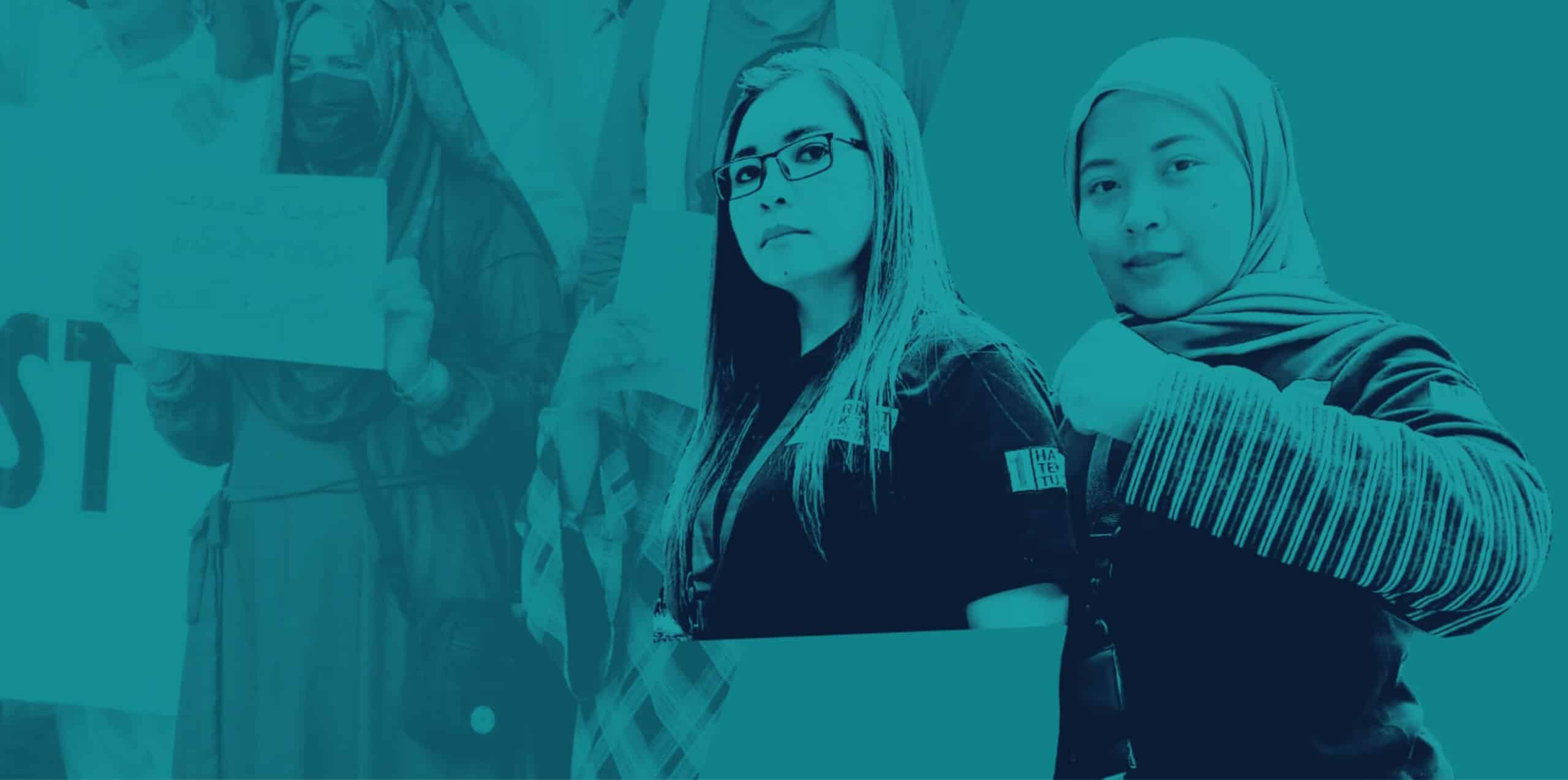
Global Labor Justice supports workers and unions around the world in exercising their right to freedom of association
Global Labor Justice believes individuals have the right to interact and organize among themselves to collectively express, promote, pursue and defend common interests. This includes the right to form trade unions, collectively bargain, and enforce contracts.
